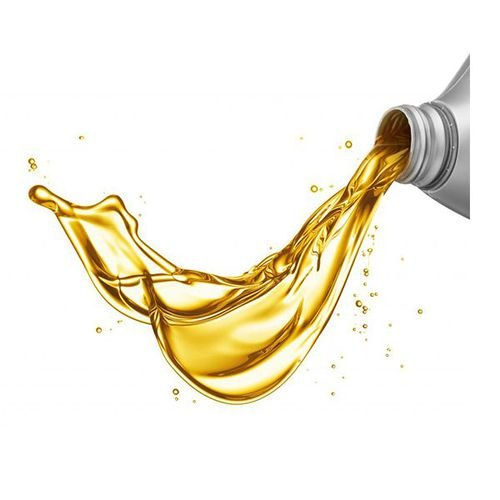Prescriptive Analysis of Market survey on Re-refined Base Oil to Grow at a Stayed CAGR
- anjali194
- Sep 27, 2021
- 3 min read

Re-refined Base Oil Market: Overview
Lubricants are imperative for smooth functioning and operation of mechanical devices and equipment. Several lubricants are used in industrial and automotive applications, namely engine oils, transmission oils, gear oils, transformer oils, and turbine oils. These lubricants, which are 85% base oils and 15% additives, keep friction between contacting surfaces low and improve their lifespan. These lubricants are often collected and processed at the end of their lifespan. Most of the used lubricants, post collection, are used as fuel; however, some of these are cleaned, processed, and fractionated. These oils are termed re-refined base oils.
Re-refined base oils are again blended with additives and converted into lubricants. The cycle can also be termed as the lubricant recycling process. The re-refining process initiates with the collection of waste lube oils. Solid contaminants and water are removed from the collected lube oils. The mixture is then made ready for further processing. This mixture is distilled to eliminate low hydrocarbons and solvents. Post these steps, the oil is processed via either of the four re-refining techniques: acid & clay treatment, propane extraction, flash distillation, and de-metallization & hydro-processing.
Key Drivers and Restraints of Re-refined Base Oil market
The usage of re-refined base oils has positive impact on the environment. Re-refining has the potential to make the lubricant industry circular and reduce the strain on the environment by lowering the dependence on crude oil and its extraction. More than 42 liters of crude oil is required for the production of 0.5 liters of lubricant/base oil; however, nearly 34 liters of lubricants/base oil can be made from 42 liters of used lube oil.
The process also resolves the disposal issues of used lubricants. According to the API, the re-refining process requires 50% to 80% less energy than what is required for refining crude oil (to produce base oil). However, the process has certain drawbacks. It is expensive, as the used oil is usually a mixture of all grades and requires extensive refining. Disposal of wastes from re-refining is also a challenge. Furthermore, the variety of contaminants makes it difficult to establish set processes. These factors are anticipated to hamper the re-refined base oil market.
Global Re-refined Base Oil Market: Segmentation
The global re-refined base oil market can be segmented based on group, process, and application
Based on group, the re-refined base oil market can be divided into group I, group II, and group III. Group III base stock is difficult to achieve, as it requires extensive re-processing and clean source of waste lube oils. Group I and II are the abundant forms of re-refined base oils.
In terms of process, the re-refined base oil market can be segregated into acid & clay treatment, propane extraction, flash distillation, and de-metallization & hydro-processing. De-metallization & hydro-processing is a leading and sophisticated process known to achieve base oils of high API grades, usually group II and group II.
Based on application, the re-refined base oil market can be classified into engine oils, transmission oils, gear oils, industrial oils, and others
Global Re-refined Base Oil Market: Regional Segmentation
In terms of region, the global re-refined base oil market can be split into North America, Europe, Asia Pacific, Latin America, and Middle East & Africa
North America is estimated to dominate the global re-refined base oil market in the near future. The region accounted for large share of production of crude oil and other petroleum products in 2020.
Asia Pacific is expected to be a highly lucrative region of the global re-refined base oil market during the forecast period. China, Australia, Japan, and India are key countries in terms of consumption of lubricants around the world.
Europe is one of the key regions of the global re-refined base oil market. The region has the most strict government regulations for used oil disposal. Growth of sustainable practices in countries such as Germany, Russia, Poland, and Turkey to protect the environment is expected to drive the re-refined base oil market in Europe in the next few years.
COVID-19 Impact on Global Re-refined Base Oil Market
The COVID-19 pandemic has adversely affected the global re-refined base oil market. Global refining activities suffered temporary shut down during lockdowns and experienced sharp drop in refining margins owing to decline in demand. Measures such as social distancing have also impacted operations of refineries across the globe. However, demand recovery for oils from China and Europe after lockdowns is likely to boost the re-refined base oil market in the near future.
Comments